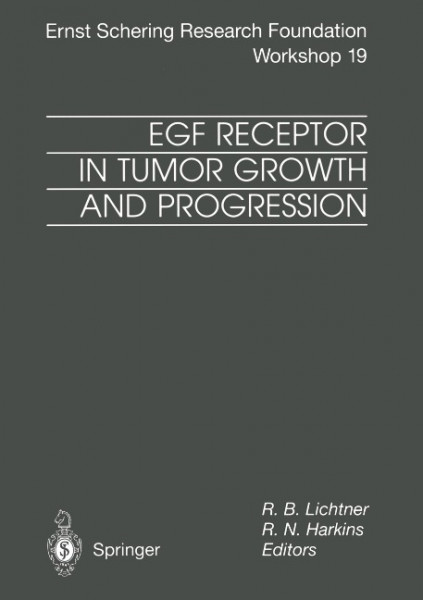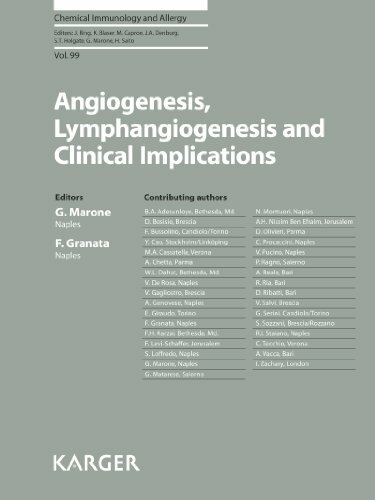
EGF Receptor in Tumor Growth and Progression
Kurzinformation
inkl. MwSt. Versandinformationen
Artikel zZt. nicht lieferbar
Artikel zZt. nicht lieferbar

Beschreibung
The last 15 years have brought an understanding of growth and differentiation at the molecular level, expanding our knowledge of the origin and progression of cancer. Early breakthroughs defining growth control pathways came via studies of oncogenes, mutated signaling molecules that have lost the capacity to tum off their proliferative signal. Oncogenes with diverse growth-promoting activities have been discovered, covering the gamut from cell surface to nuclear signaling. Sequencing of these oncogenes revealed that they were mutated forms of captured cellular genes and displayed tyrosine kinase activity. The epidermal growth factor (EGF) receptor was the first of 40-50 transmembrane tyrosine kinase receptors to be cloned and sequenced. Beyond cell proliferation, activation of EGF receptor by its specific ligands controls important physiological processes, such as cell differentiation, apoptosis, cell migration, and cell shape. Activation of autocrine growth loops, consisting in solid human tumors of upregulated expression of EGFR together with increased production of ligands suggested its crucial role in autonomous tumor growth. von Lichtner, R. B. und Harkins, R. N.
Produktdetails

So garantieren wir Dir zu jeder Zeit Premiumqualität.
Über den Autor

- hardcover
- 318 Seiten
- Erschienen 2016
- Humana

- Gebunden
- 265 Seiten
- Erschienen 2007
- Springer

- Gebunden
- 316 Seiten
- Erschienen 2005
- Birkhäuser

- Gebunden
- 281 Seiten
- Erschienen 2017
- Springer

- Gebunden
- 424 Seiten
- Erschienen 2009
- Thieme

- hardcover
- 349 Seiten
- Erschienen 2006
- CRC Press Inc

- Gebunden
- 482 Seiten
- Erschienen 2007
- Humana

- Gebunden
- 451 Seiten
- Erschienen 2004
- Humana

- hardcover
- 1296 Seiten
- Erschienen 2009
- Humana

- Gebunden
- 734 Seiten
- Erschienen 2008
- Humana

- Gebunden
- 221 Seiten
- Erschienen 2017
- Springer

- hardcover
- 633 Seiten
- Erschienen 2006
- Humana

- Gebunden
- 231 Seiten
- Erschienen 2013
- S. Karger

- Gebunden
- 673 Seiten
- Erschienen 2010
- Humana

- paperback
- 630 Seiten
- Erschienen 2014
- WORLD HEALTH ORGN

- hardcover
- 1822 Seiten
- Erschienen 2011
- Wiley-VCH

- Gebunden
- 276 Seiten
- Erschienen 2013
- Springer

- Kartoniert
- 472 Seiten
- Erschienen 2018
- Urban & Fischer Verlag/Else...

- hardcover
- 424 Seiten
- Erschienen 2008
- Wiley

- Hardcover -
- Erschienen 2013
- Wiley-VCH


























